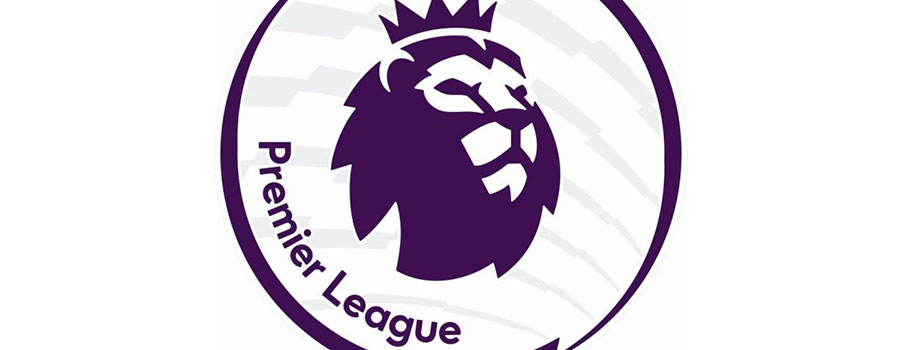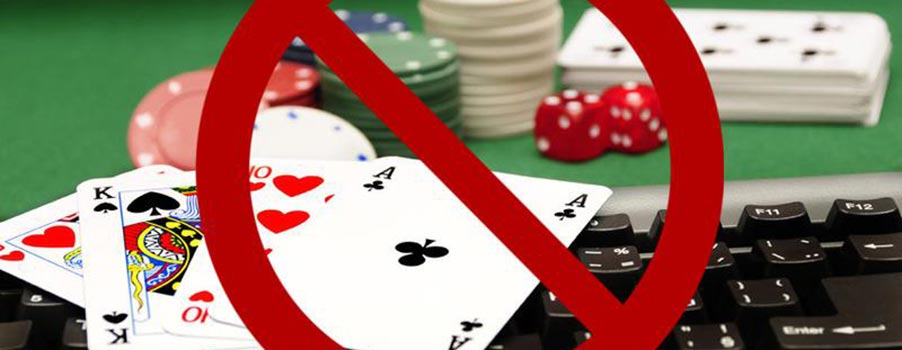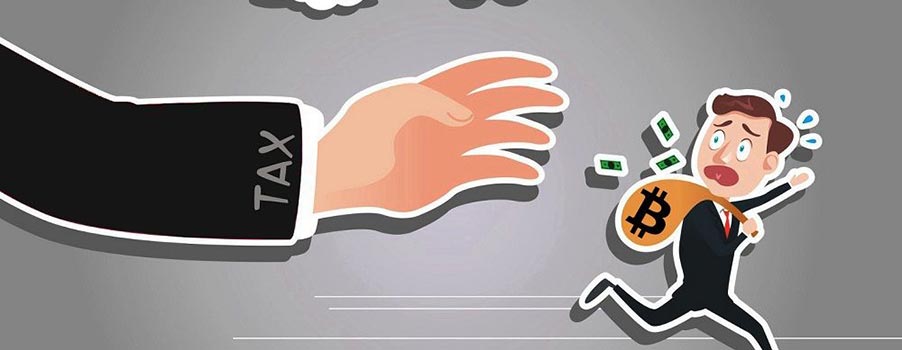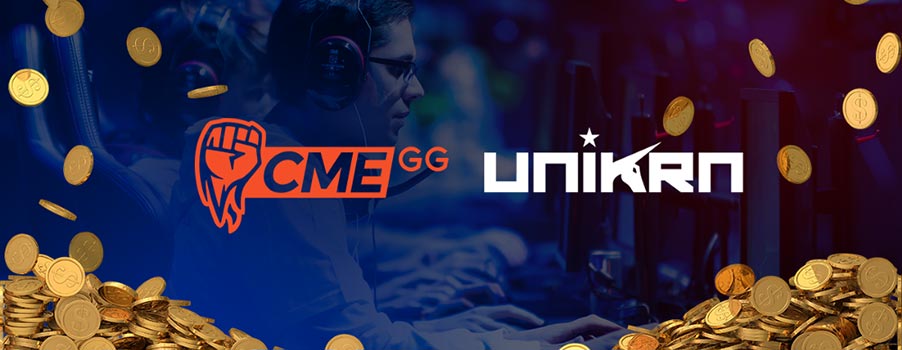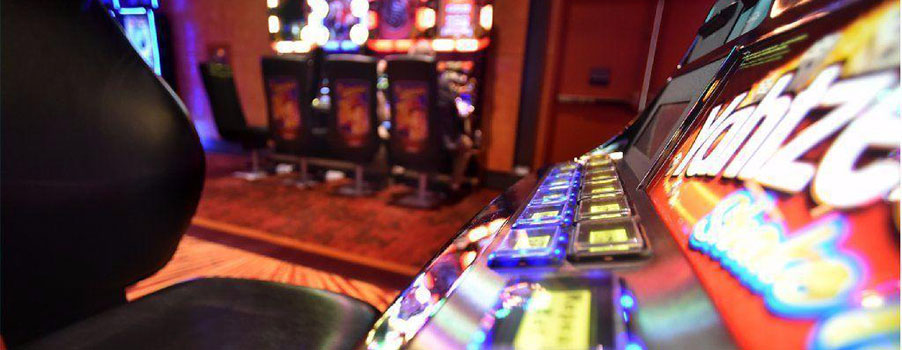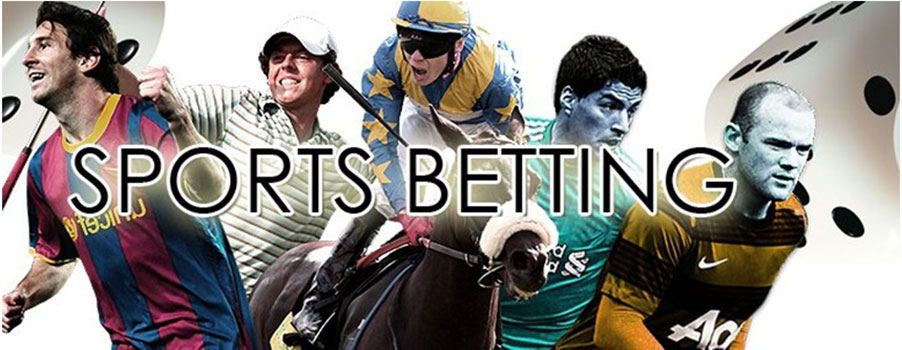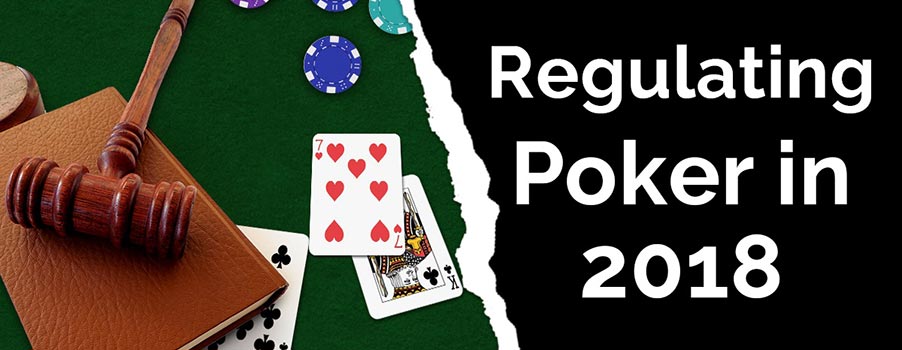The English Premier League recently voiced its support for the vision that the NBA, MLB, and PGA Tour have had for the expansion of sports betting in the United States in the likely case that the country’s Supreme Court abolishes the Profession and Amateur Sports Protection Act (PASPA) which prohibits all but four states from legalizing sports betting. The United States Supreme Court is expected to deliver the much-anticipated ruling by the end of June but already various stakeholders are preparing for a future where sports betting is legal.
The National Basketball Association, the Major League Baseball (MLB) and the PGA Tour have all backed the idea of legalized sports betting – the NBA and MLB have even outlined some of the potential laws and terms they expect to be implemented should sports betting be legalized. Some of these potential laws will require sports betting firms to use official league data, share customer data and pay an “integrity fee” as well as allow the leagues to have an input on the wagering options the sportsbooks can offer.
The English Premier League (EPL) through Adrian Ford, Football DataCo general manager has made it public that it would support the approach by the NBA and MLB – Football DataCo is the official rights-holder for the Premier and League as well as all the other professional football leagues in England.
“Broadly, we don’t think what the leagues are asking for is fundamentally wrong, if you’re trying to come up with a framework that works for both parties,” Adrian Ford said in an interview with ESPN.
“We would not see why there would be an issue about sports getting a return from betting. We’d echo some of the high-level statements the NBA has made. If someone is making money off us, there’s no reason why we shouldn’t be interested in that and why we shouldn’t have some level of involvement in the commercial return. It’s clearly not what we have here.”
Why Is the EPL Interested?
It is no secret that betting has been a key component of the English Premier League’s operation. As such, it would not come as a surprise when it joins the parade of United States professional sports leagues that are currently seeking a revenue cut from sports betting operators
“When it comes to customers and integrity and really trying to provide the best experience, official data, backed by the leagues, is fact; you need a gold standard,” Ford added. “Ultimately, the common goal – and it is easier said than done – must be to have a functioning, regulated, safe betting market that brings all the offshore money onshore for the good of the sport, for the protection of the players and presumably for the good of the states that are going to get tax revenues.”
The involvement of the EPL sets a precedent for the leagues being granted control over data rights in the United States which will be a win for all of them.

